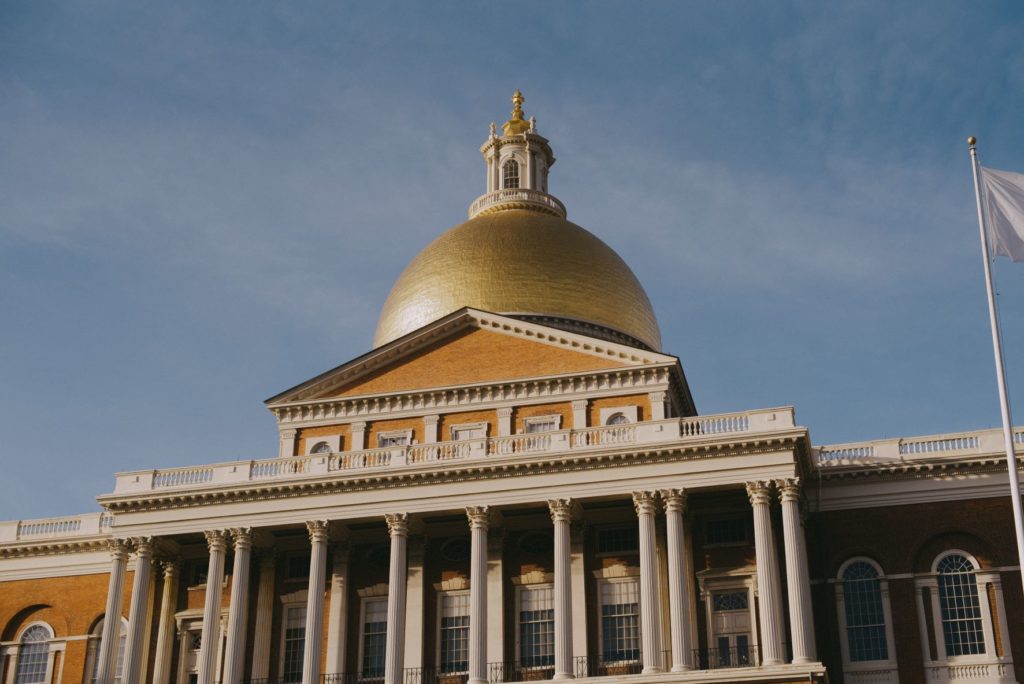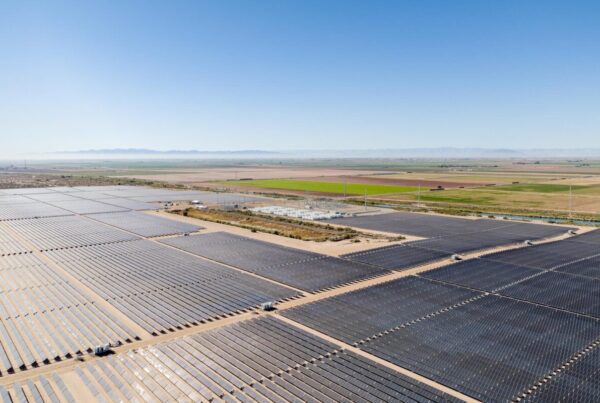
Massachusetts’ Republican governor Charlie Baker has signed a significant climate bill that will bolster the growth of renewables project in the state and put limits of fossil fuel use.
Signed on Thursday, the bill was first approved by the state legislature on 31 July before being signed by the governor. It comes just before the US House of Representatives is expected to pass the US’ landmark climate package – the Inflation Reduction Act – with major implications for the energy industry in the US.
The programme contains incentives for ground-mounted solar PV installations which are “pollinator-friendly” as well as offer rebates that would reduce the cost to comply with such environmental requisites. It also supports the creation of a commission to investigate and make recommendations that remove barriers for the growth of agrivoltaic projects in Massachusetts.
It also allows up to 10 municipalities to require new buildings to use clean power over fossil fuels, should they wish to pursue that strategy.
The bill will see residential solar owners compensated for up to 25kW of power, up from the current 10kW, while it will also scraps the rule that only allowed for a single solar installation within one household to qualify for net metering.
Moreover, the bill increases the rebate for buying and renting low carbon vehicles, such as EVs, to US$3,500 and offers an extra US$1,000 incentive for car owners who trade in their petrol-run cars. It also demands that all new vehicle sales be zero emission starting by 2035.
With the signature of the bill, it will fast-forward the necessary upgrades for the grid in order to sustain the growth of renewable energy as well as promote the use of energy storage, in various forms, to avoid curtailments.
Ben Hellerstein, state director for Environment Massachusetts, said the bill was a “bid deal” and added: “It will accelerate our transition to renewable sources of electricity like wind and solar. And it will allow up to 10 cities and towns to require new buildings to include clean, all-electric heating and appliances, paving the way to safer, healthier homes and businesses for all of us.”
A fifth of all electricity consumption comes from solar power in Massachusetts, with almost 4GW of installed capacity as of Q1 2022, according to data from the Solar Energy Industries Association (SEIA).
After signing the bill, governor Baker tweeted: “Addressing climate change requires bold, urgent action. I am proud to have supported the Commonwealth’s leadership on these critical issues to preserve our climate and our communities for future generations.”






